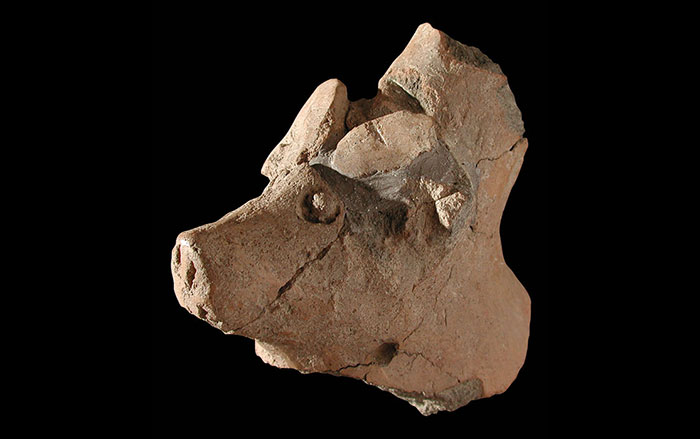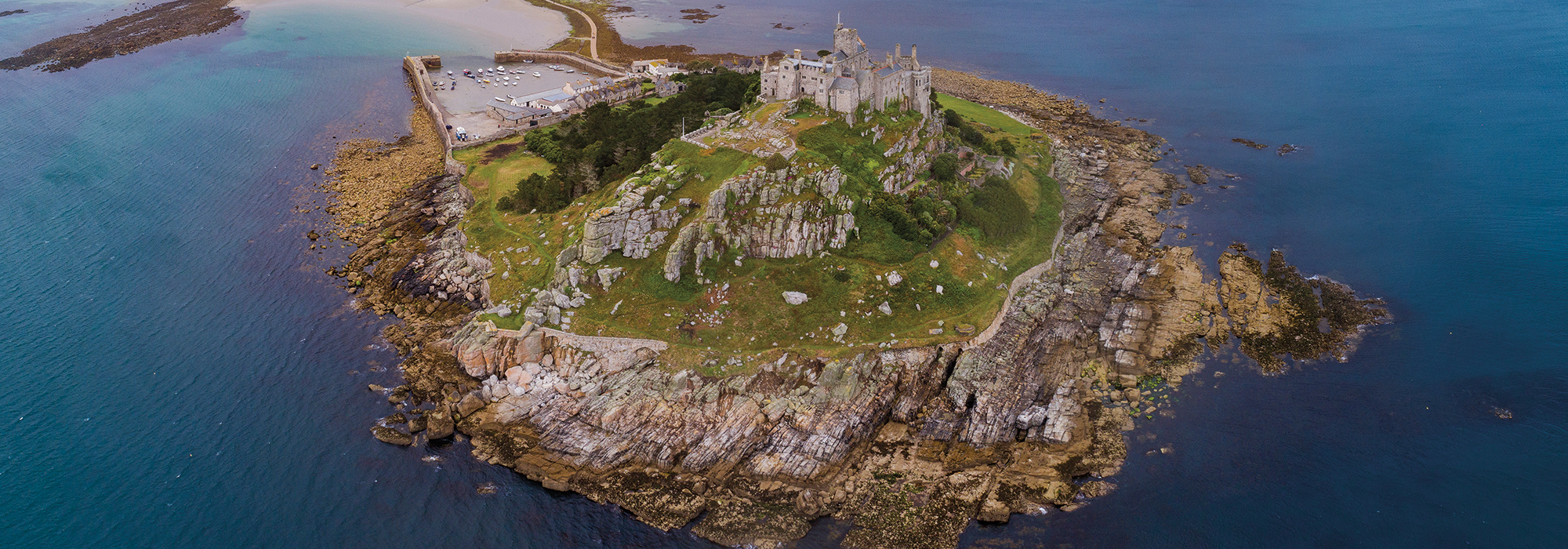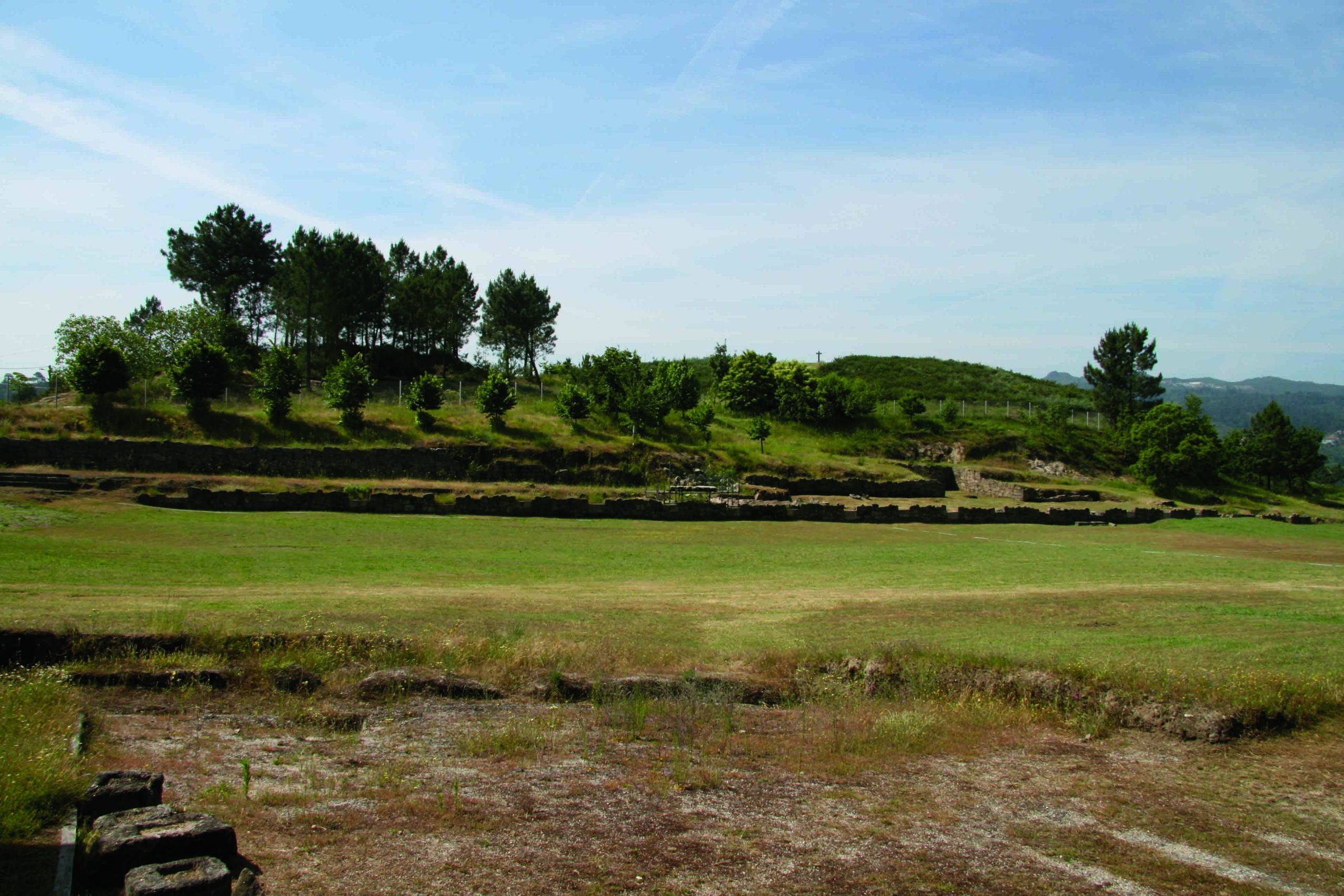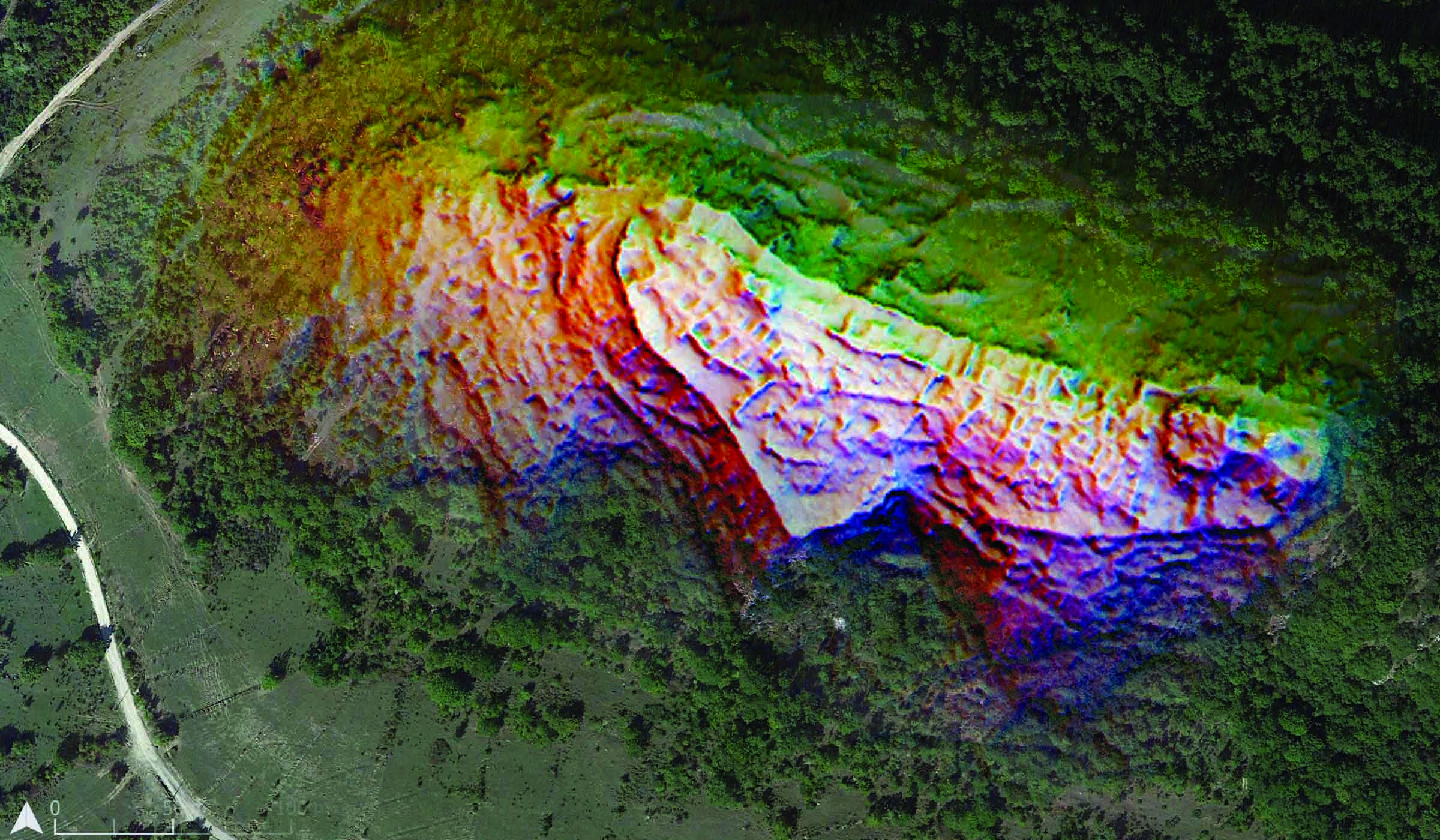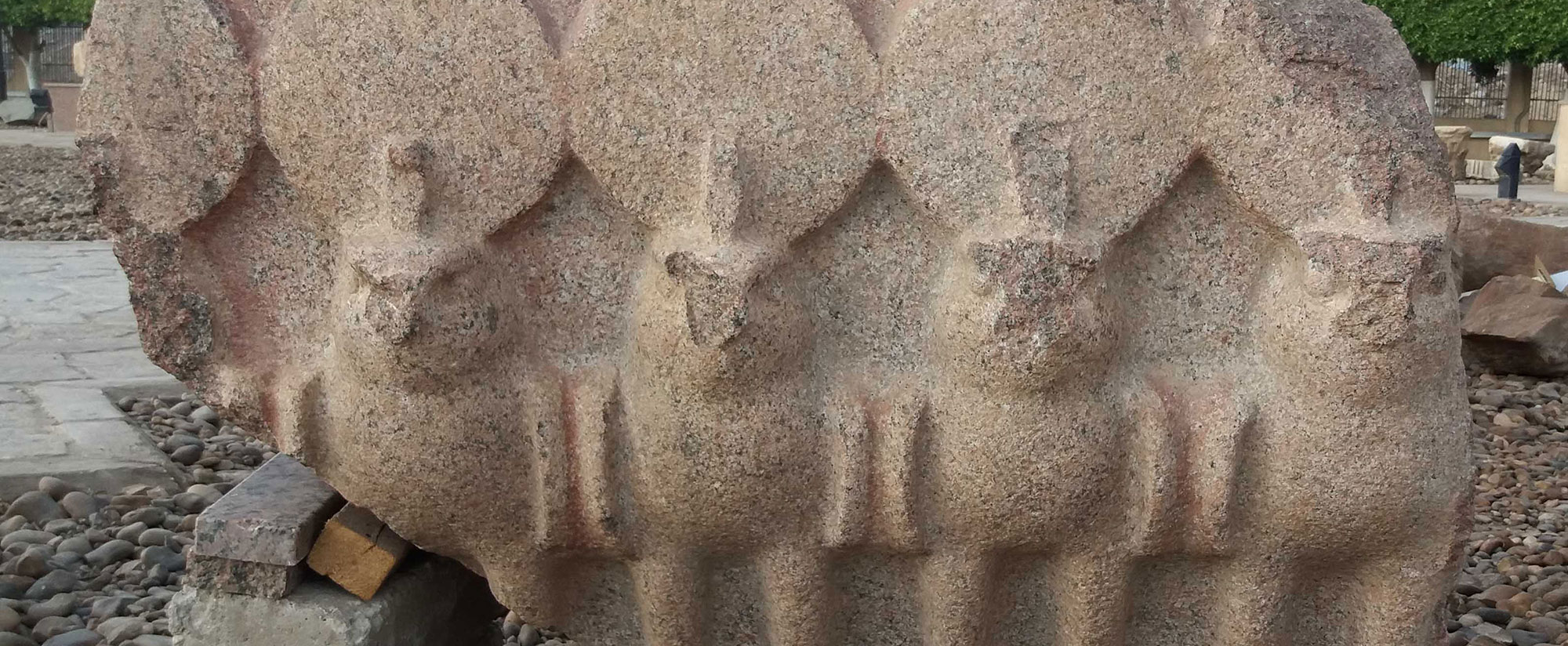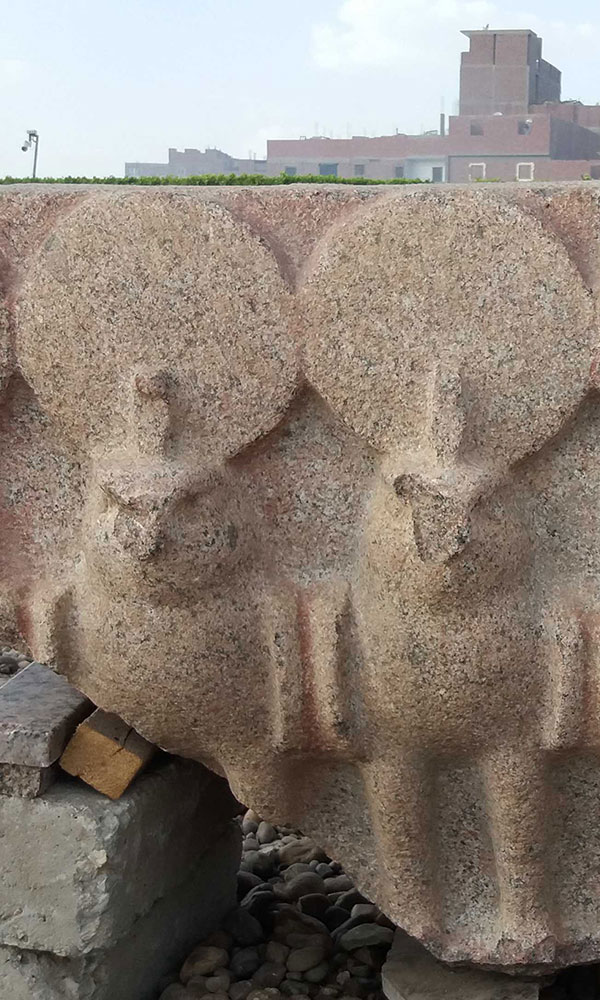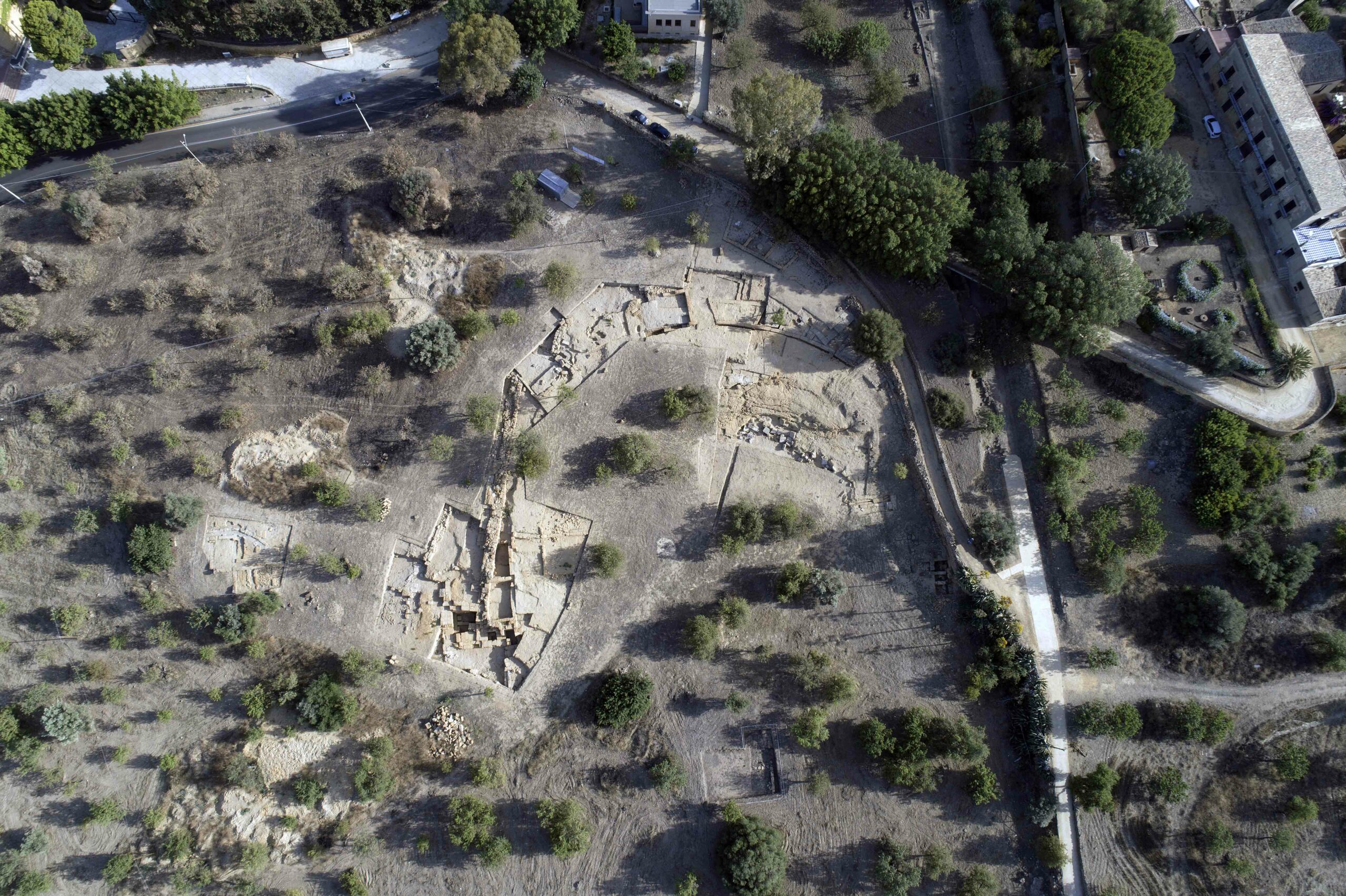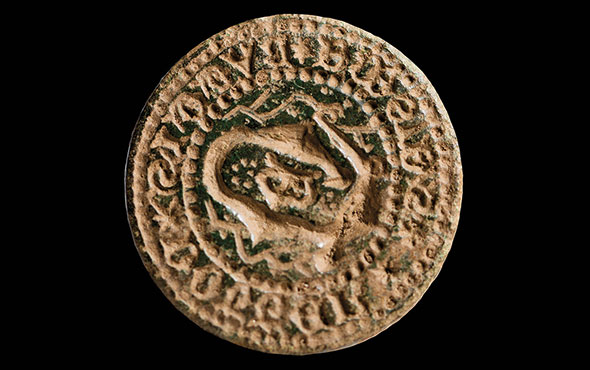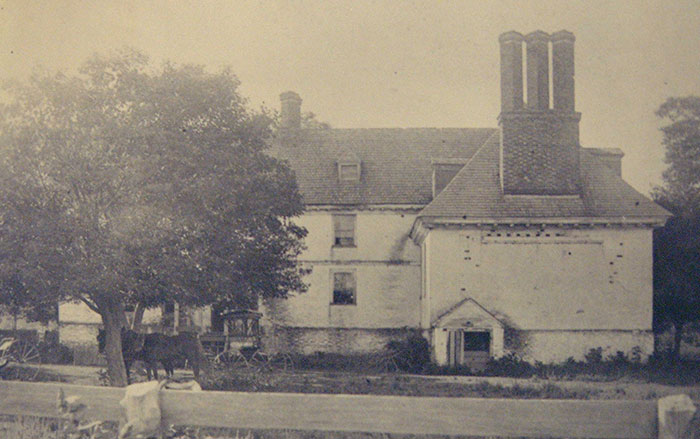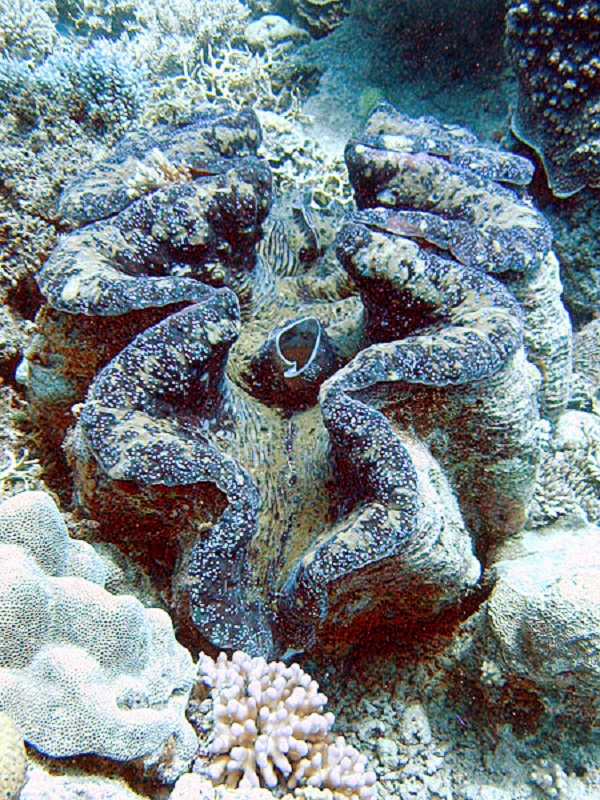
LOP BURI, THAILAND—According to a Bangkok Post report, more than 10,000 artifacts dating back as far as the Iron Age have been uncovered at a newly discovered site called Khok Phutsa, which is located in central Thailand’s Lop Buri River Basin, by a team made up of Thai and Italian researchers. Two skeletons were found in one of the pits at the site. Broken pottery was found beside both sets of remains, and an intact pot was found near the feet of one of them. Human skeletal remains were also found in a second pit. Giant clam shells, and bangles, beads, and axes made from giant clam shells, were also recovered. Archaeologist Sorathach Rotchanarat of Thailand’s Fine Arts Department said giant clams live on corals, but these shells were likely to have been recovered on dry land by the people who lived at the site some 3,000 years ago. “It confirms the old knowledge that the area of Lop Buri and other provinces in the central region were part of the sea 8,000 years ago,” he explained. For more on archaeology in Southeast Asia, go to “Letter from Cambodia: Storied Landscape.”


